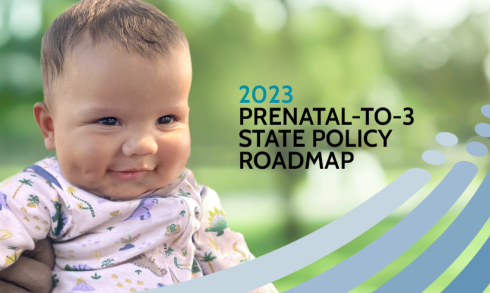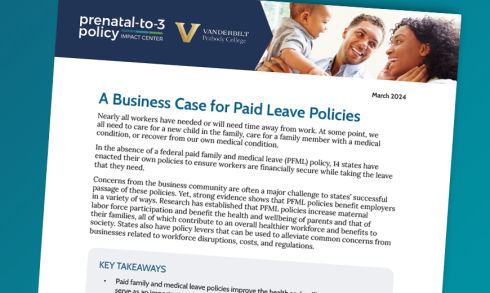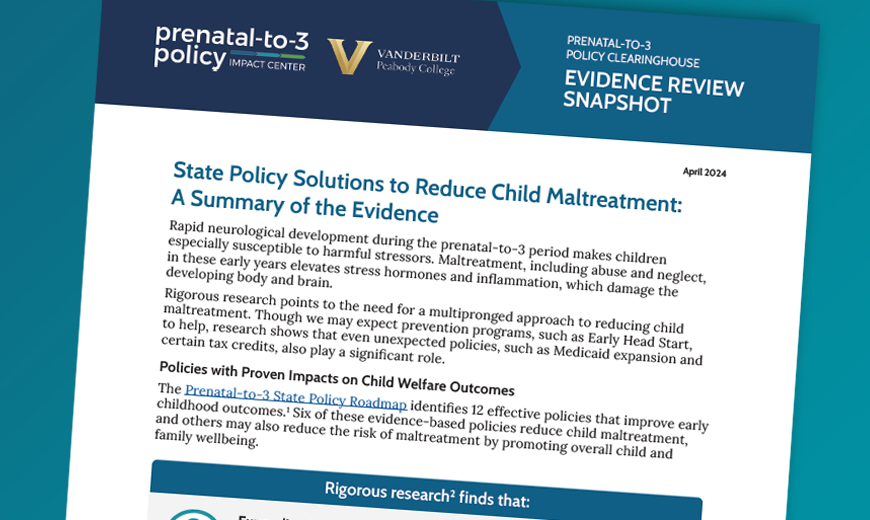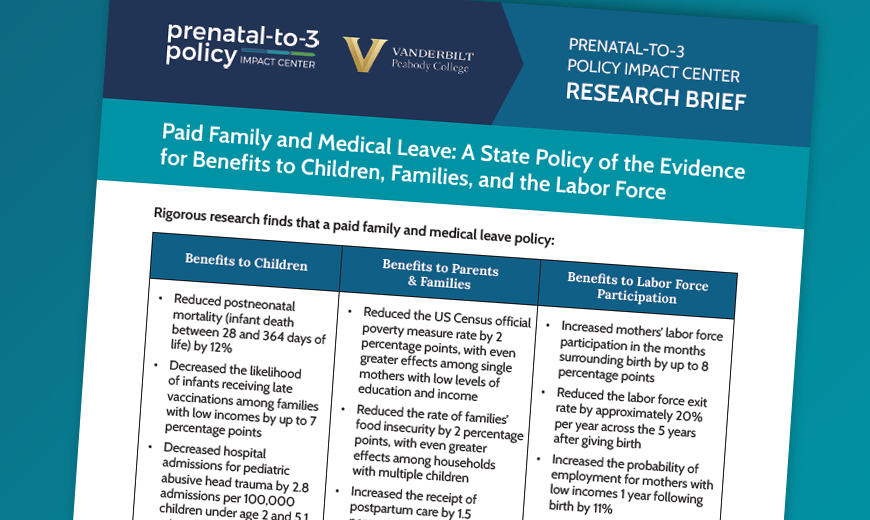- Home
- /
- Research Topics
- /
- Paid leave
Paid Leave
Paid leave policies allow employees to take time off work and still receive at least a portion of their regular pay. Paid leave can be used for various reasons, but is most commonly used for illness or for recovering from childbirth and bonding with a new child. Paid leave policies help sick parents and new families continue to access critical household resources that can catalyze positive outcomes.
Featured Resources
Paid family leave programs providing a minimum of 6 weeks increase access to paid time off from work, reduce racial disparities in leave-taking, boost mothers’ labor force participation, improve maternal mental health, and foster better child-parent relationships and child health.
This brief outlines the impact of paid family and medical leave (PFML) policies on the labor force and businesses, as well as steps states are taking in policy design to address employer concerns.
In 2023, a bipartisan group of Pennsylvania lawmakers introduced H.B. 181 to create a new paid family and medical leave program, providing leave of up to 20 weeks.
Related Resources
- Blog
- |
- Blog
- |









